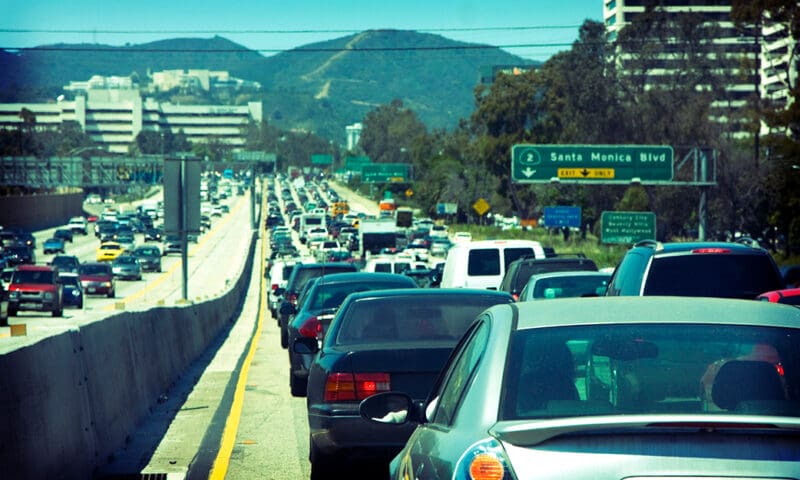
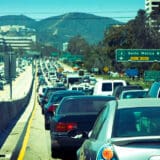
The political gridlock behind the transit gridlock.
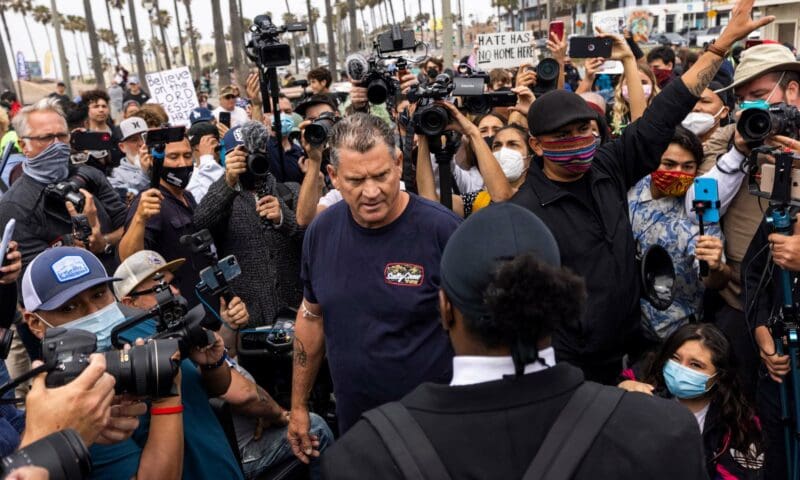
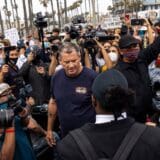
A small band of white power militants and Trump supporters rallied in Huntington Beach Sunday – and were met by far more counter protesters.
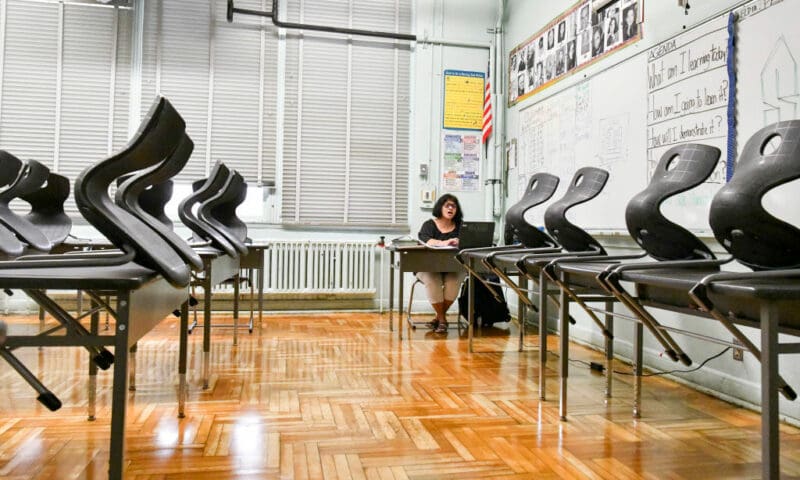

LAUSD survey data shows most families prefer online instruction for the remainder of the school year.
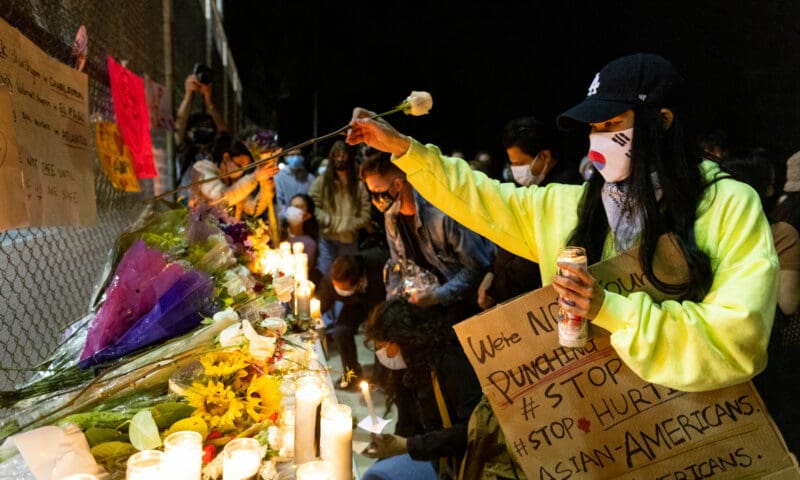
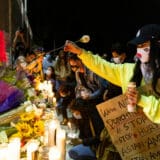
In Alhambra, a candlelight vigil denounces the targeting of Asian Americans and Pacific Islanders.
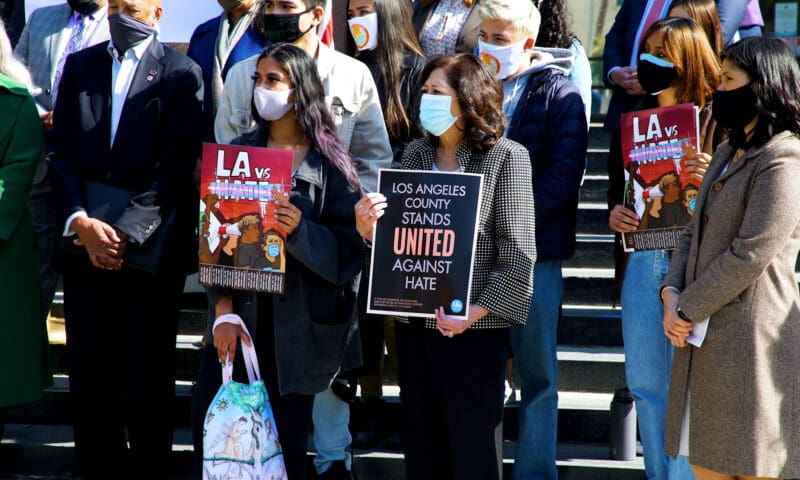
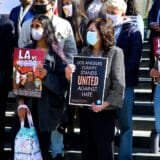
A coalition of civil and human rights leaders, officials, and the community stood in front of the Los Angeles County Hall of Administration in the face of rising hate violence.
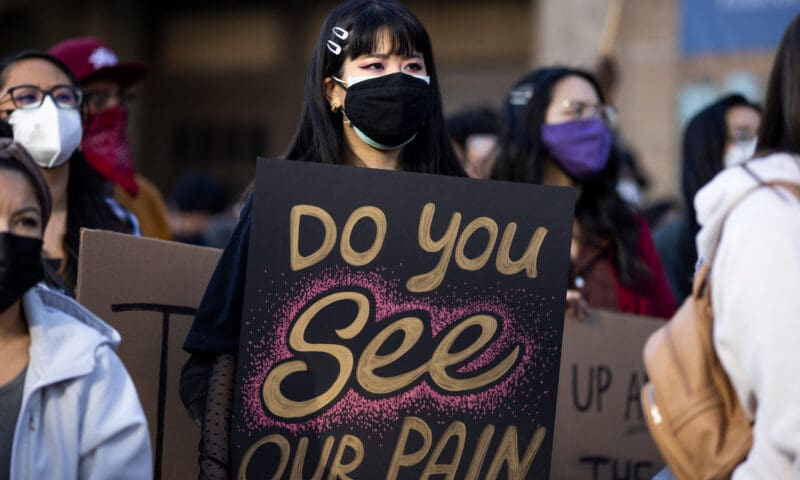
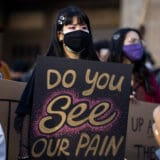
The event, titled “Love Our Communities: Build Collective Power,” came together in Little Tokyo in response to the recent increase in violence against Asian Americans.
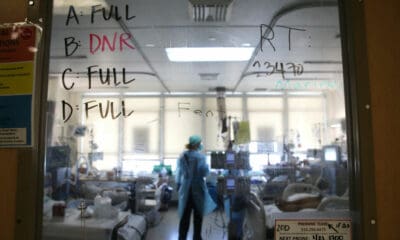
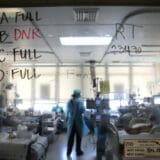
Experts describe the winter surge as a “perfect storm” driven in part by poor planning, staffing woes and a tardy governmental response.
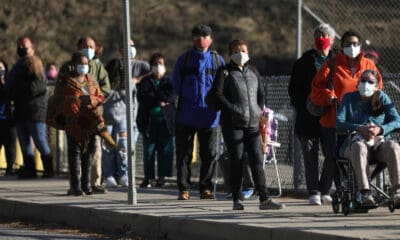
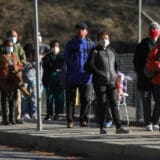
New collaborations with community organizations may produce innovative solutions that could make the pandemic recovery more equitable.


A new report attacks L.A.’s systemic racism and lays out a roadmap for transformation centered in racial equality.
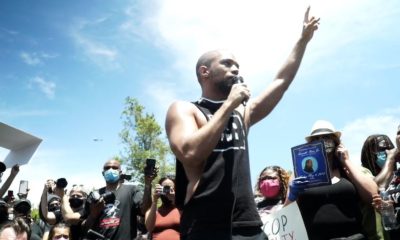
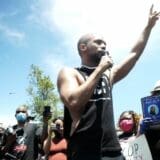
The Black Lives Matter demonstration demanded an end to police violence against people of color.

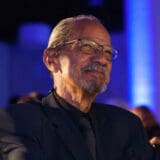
The activist-writer was deeply planted in the here and now: What was at stake. What still needed to be done. What we couldn’t lose sight of.
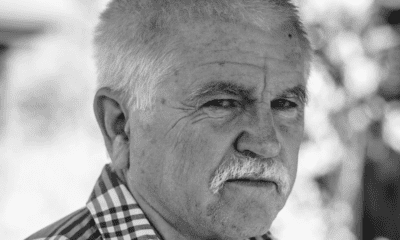
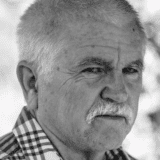
A new history by the author of City of Quartz examines the time and place of his own early activism.
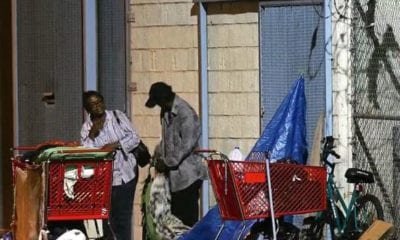
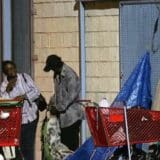


The City Council is considering a ‘right to counsel’ program that could help curb evictions and homelessness.
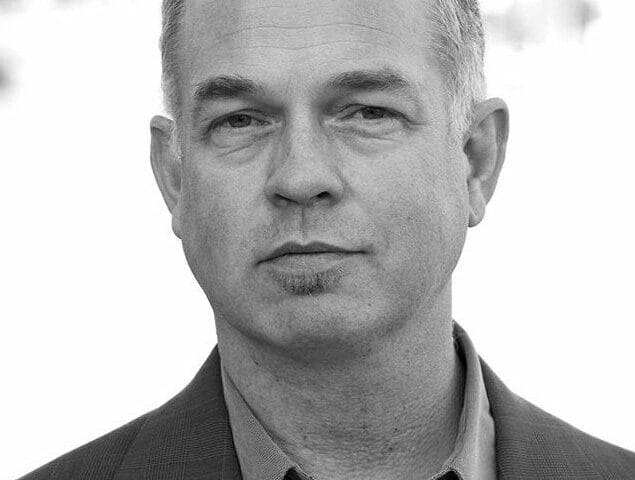
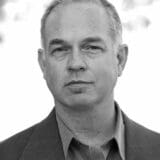
Gay historian, activist and kindhearted bohemian bon vivant, Stuart Timmons passed away peacefully on a recent Saturday morning, not long after recovering from a bout with pneumonia.
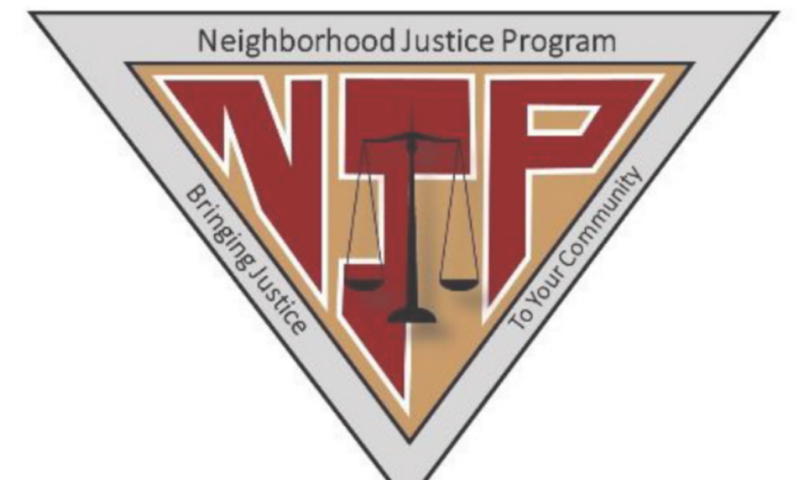
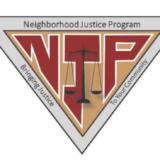
Almost 120,000 misdemeanor crimes are reviewed for criminal filing by the Los Angeles City Attorney’s office each year. This high volume of cases, coupled with reductions in court resources, make it nearly impossible to consider each person’s situation individually.
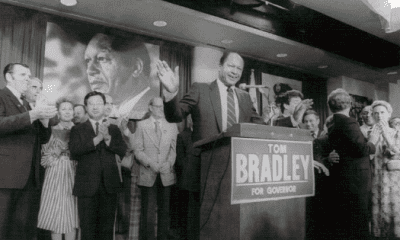
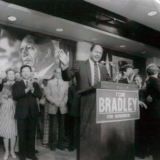
Any informed discussion about the politics and history of Los Angeles over the last century would have to include a critical assessment of the life and legacy of Tom Bradley. In the new documentary Bridging the Divide: Tom Bradley and The Politics of Race, filmmakers Lyn Goldfarb and Alison Sotomayor provide an in-depth look into Bradley’s life and career and their lasting impact on the city’s history, culture and political life. The two recently spoke with Capital & Main.
Capital & Main: What were your main reasons for doing this documentary?
Goldfarb: Because many of us don’t have a clear understanding about the history of Los Angeles. I think Tom Bradley’s story helps us understand LA better, who we are, and how we got to where we are.
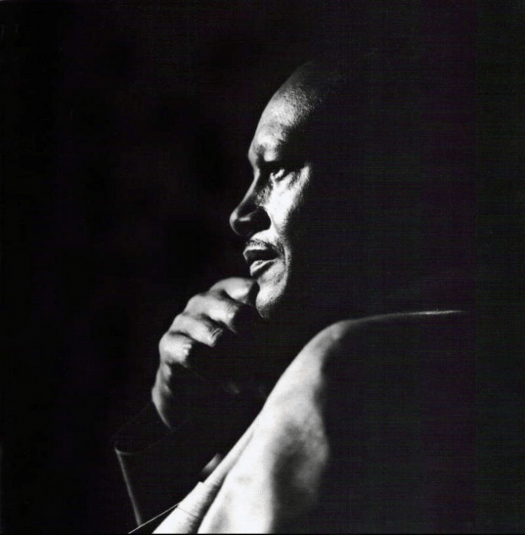 Sotomayor: When Tom Bradley became the first African American mayor elected in a major U.S.
Sotomayor: When Tom Bradley became the first African American mayor elected in a major U.S.
» Read more about: Bridging the Divide: New Documentary Explores Former L.A. Mayor Tom Bradley »
Steve Clemons is Washington editor-at-large for The Atlantic, whose spin-off site, CityLab, covers new ideas and issues facing urban metro areas worldwide. Each year CityLab convenes a gathering of global city leaders in person to discuss innovative ideas and projects that are emerging in urban communities. This year CityLab’s conference was held at the Ace Hotel in downtown Los Angeles. Shortly afterward, Capital & Main spoke to Clemons. In this video clip he speaks of L.A.’s past and its new allure.
Also Watch: Steve Clemons on Government
» Read more about: Steve Clemons on L.A.’s Hard Times and Unbelievably Cool Hybrid Stuff »
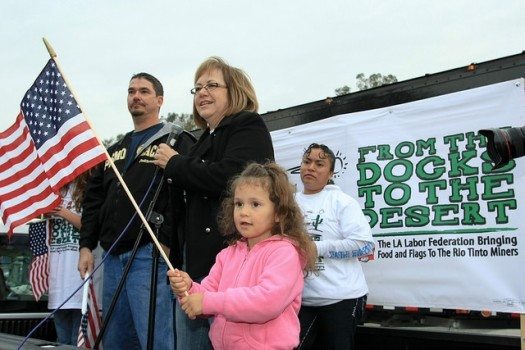
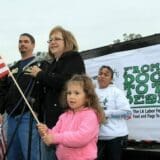
María Elena Durazo announced today that she will leave the LA County Federation of Labor, which she has led for more than eight years.
“I feel that the Los Angeles labor movement is very strong, very progressive, very proactive,” she told the Los Angeles Times. “Altogether, we have accomplished a lot. And there is a passion I have always had for immigration and civil rights. So I have the opportunity to do this and completely focus on those issues.”
Durazo will take a new post as international vice-president for immigration, civil rights and diversity at UNITE HERE, whose Los Angeles-based Local 11 she led before joining the County Fed.
A Los Angeles magazine profile last year called Durazo “the leader of what is perhaps the most robust labor movement in the country.” With her lead,
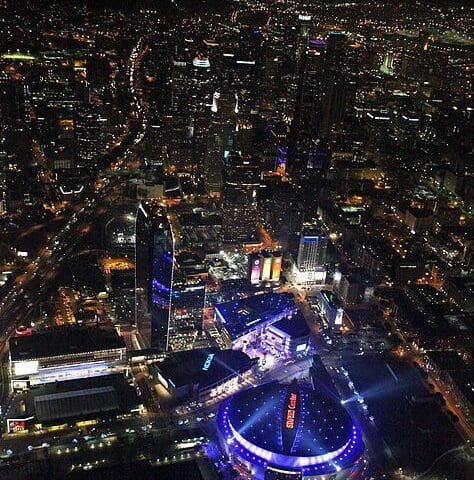

We all learn many important lessons from our parents. One lesson that I learned from my father was this: If you cut through a pipeline that’s carrying raw sewage you should be really, really sure that it’s not under pressure before you start. Unfortunately, this was something I discovered through actual observation when my father tried to fix our septic system and was sprayed down with a putrid stream of human waste as a reward for his efforts.
This is the type of home repair that I, now an Angeleno, never need to make on my own. Because I am currently a fancy city-dweller, I no longer have to take my trash to the dump, fix potholes in the road or do all of the other chores that are part of everyday country life but are magically taken care of when one lives in the city.
Not only do I get to avoid these day-to-day chores,